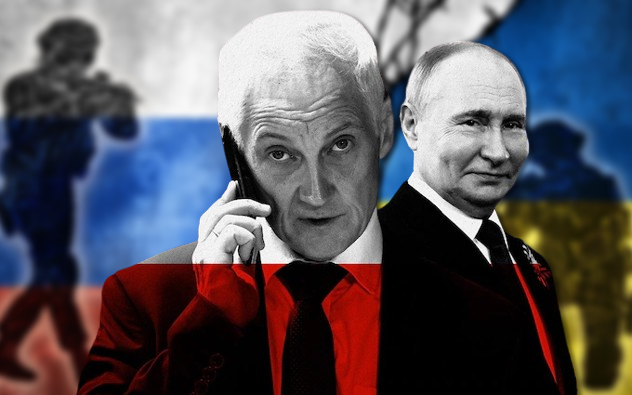
- The perceived failure to achieve early objectives in its military actions in Ukraine has been attributed to poor tactics by Shoigu and other Kremlin officials.
- President Putin’s replacing Sergei Shoigu with a new Defense Minister suggests that the change is not merely due to differences between them but rather a mutually agreed-upon tactical shift.
- Andrei Belishov, the new Defense Minister is expected to bring fresh ideas and a renewed focus on transitioning Russia’s approach from defensive to offensive.
Vladimir Putin has been declared the President of Russia and has initiated several significant cabinet shuffles. One of the most notable changes is the replacement of the Russian Defense Minister. Sergei Shoigu, who has held the position for about a decade and is considered a very influential figure within the Kremlin, will be replaced by Andrei Belishov.
Shoigu has been a major ally of President Putin since he came to power. This trust led to Shoigu’s promotion to Defense Minister. Shoigu gained prominence with the start of the special military operation, which arose from continuous Western adversities and dilemmas against Russia. Initially, many believed Russia would achieve a swift victory, but this has not been the case. The perceived failure to achieve early objectives has been attributed to poor tactics by Shoigu and other Kremlin officials.
Shoigu is an old-school defense minister, known for his patience and comprehensive methodologies. He faced significant controversy in 2022 when Russia failed to meet key targets early in the conflict. Despite public outcry for his removal, President Putin continued to support him. Another major point of contention for Shoigu was the Kerch Bridge incident, which raised questions about Russia’s overall strategy and defence under his leadership.
Despite these challenges, Shoigu maintained a strong working relationship with other key military figures, such as Sergey Surovikin. This camaraderie helped them navigate the Russian crisis. Since September 2022, Shoigu’s military strategy has focused on boosting logistics, strengthening defensive structures, and then launching offensives. This approach led to notable victories in places like Soledar and Bakhmut.
Shoigu also had notable disagreements with the late Yevgeny Prigozhin, who criticized Shoigu’s commitment to the war effort and questioned his suitability for the role. Despite these controversies, Shoigu’s tenure as Defense Minister has been marked by significant strategic and logistical efforts.
President Putin’s replacing Sergei Shoigu with a new Defense Minister suggests that the change is not merely due to differences between them but rather a mutually agreed-upon tactical shift. Further, Sergei Soigu’s promotion to National security minister suggests the same.
During tough times, Minister Soigu sailed Russia with securing logistics and boosting defence which resulted in a stalemate for nearly a year. Now President Putin believes appointing ministers who can build on the momentum and advance Russia’s objectives is essential.
The Russian defence industrial complex has been operating in emergency mode. The new Defense Minister is expected to bring fresh ideas and a renewed focus on transitioning Russia from defensive to offensive. This strategic shift aims to capitalize on recent developments and enhance Russia’s domestic and international position.
Aayush Pal is a freelance writer on contemporary geopolitical developments. The views expressed in his work are entirely his own.
